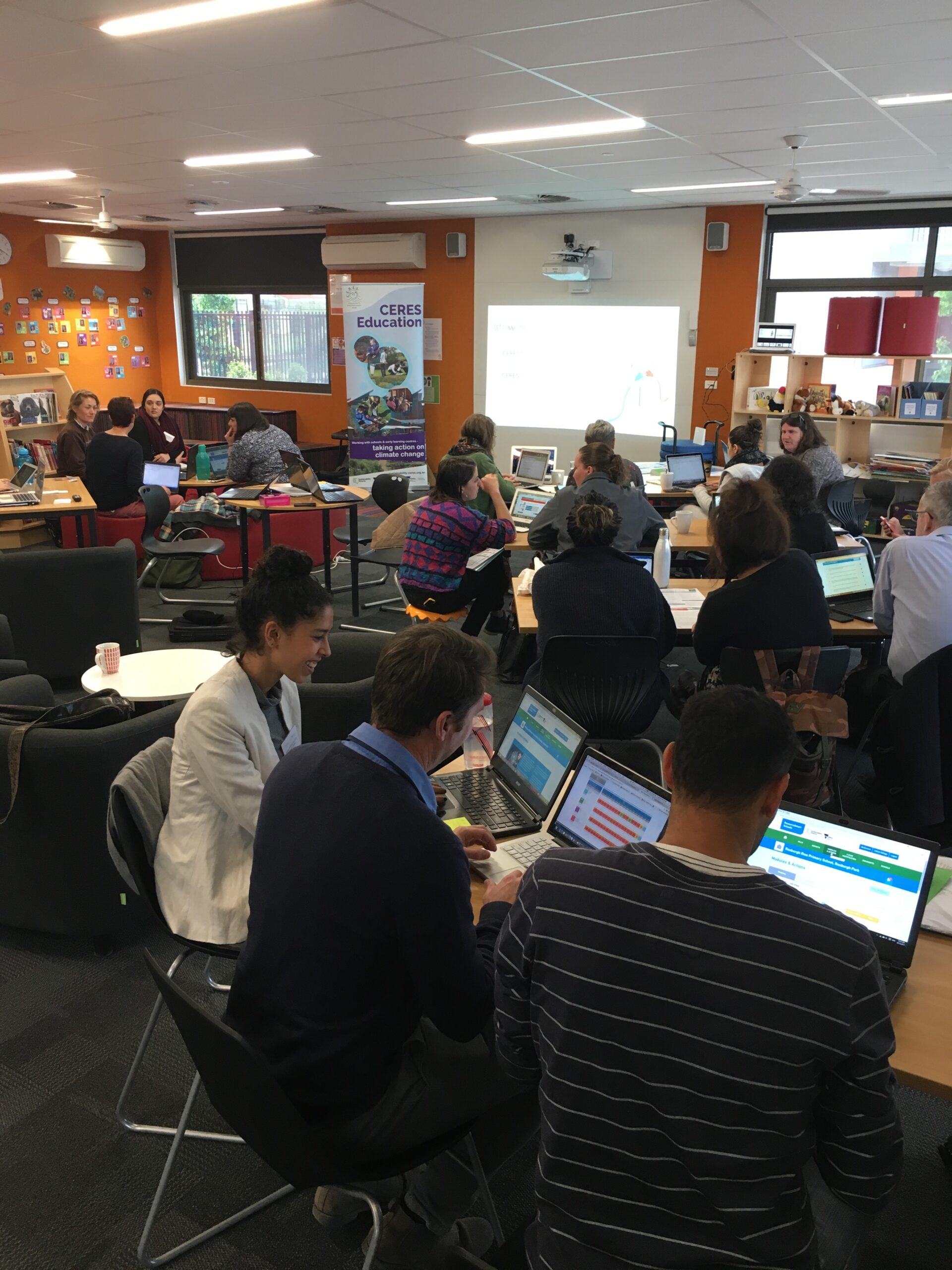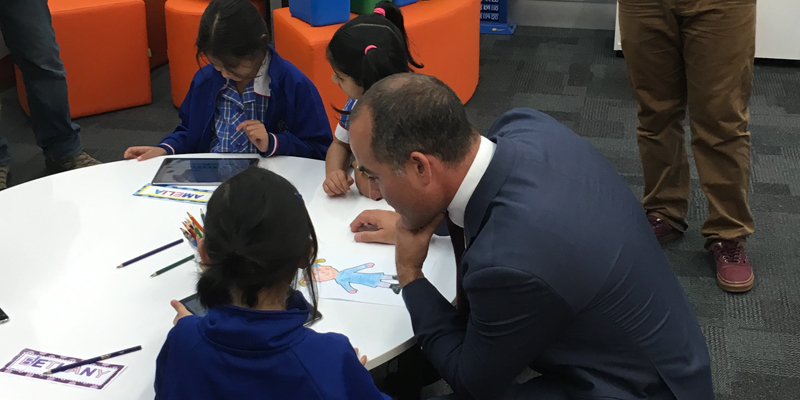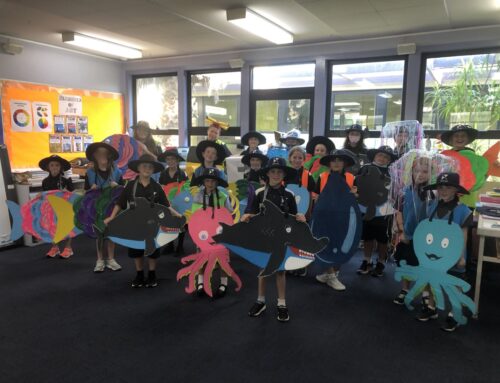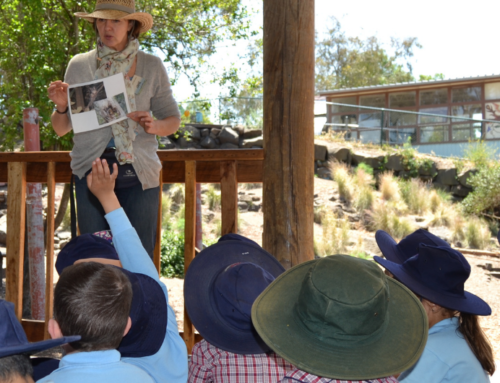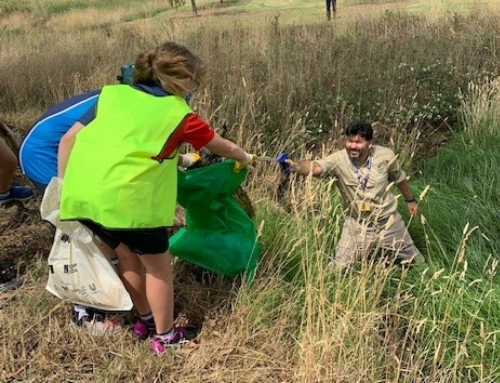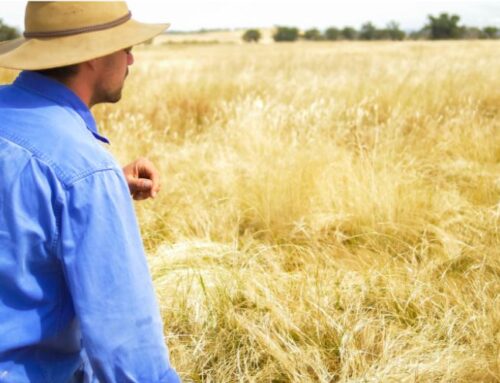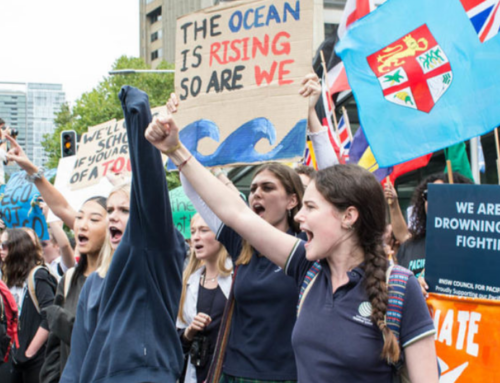By Jane Burns
Outreach Education Manager
Individuals do have a responsibility – to stay informed, be part of everyday solutions such as investing in certified green power for electricity, moving money out of banks, super funds and share portfolios that invest in fossil fuel projects, and demand the politicians make the planet their priority. But they can’t solve the climate crisis, Governments need to step up.
Global challenges need to be tackled by governments and institutions who have failed to take more action on the climate and ecological crisis. It demands systematic, structural change which is beyond individual solutions.
But in spite of government inaction, 2019 has been a big year for individual action and collective movement.
We have a lot to thank individual citizens for. They have taken to the streets and protested in a myriad of ways – from activism at the front line Stop Adani movement, to School Strike 4 Climate, the Knitting Nannas against Gas and the Extinction Rebellion Global Hunger Strike where individuals went on a hunger strike for one week or more in solidarity with people starving because of climate and ecological breakdown.
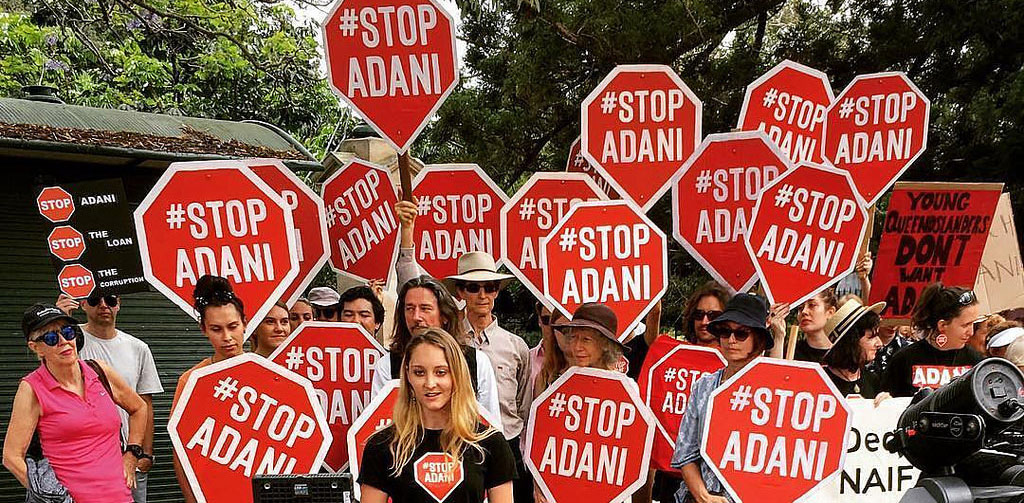
Credit: AYCC
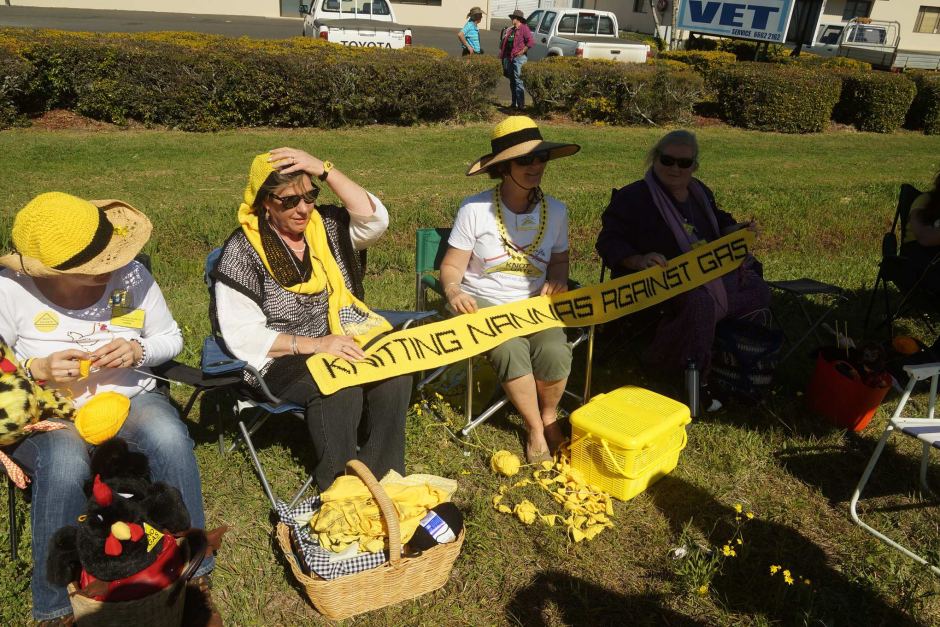
Knitting Nannas. Credit: ABC News
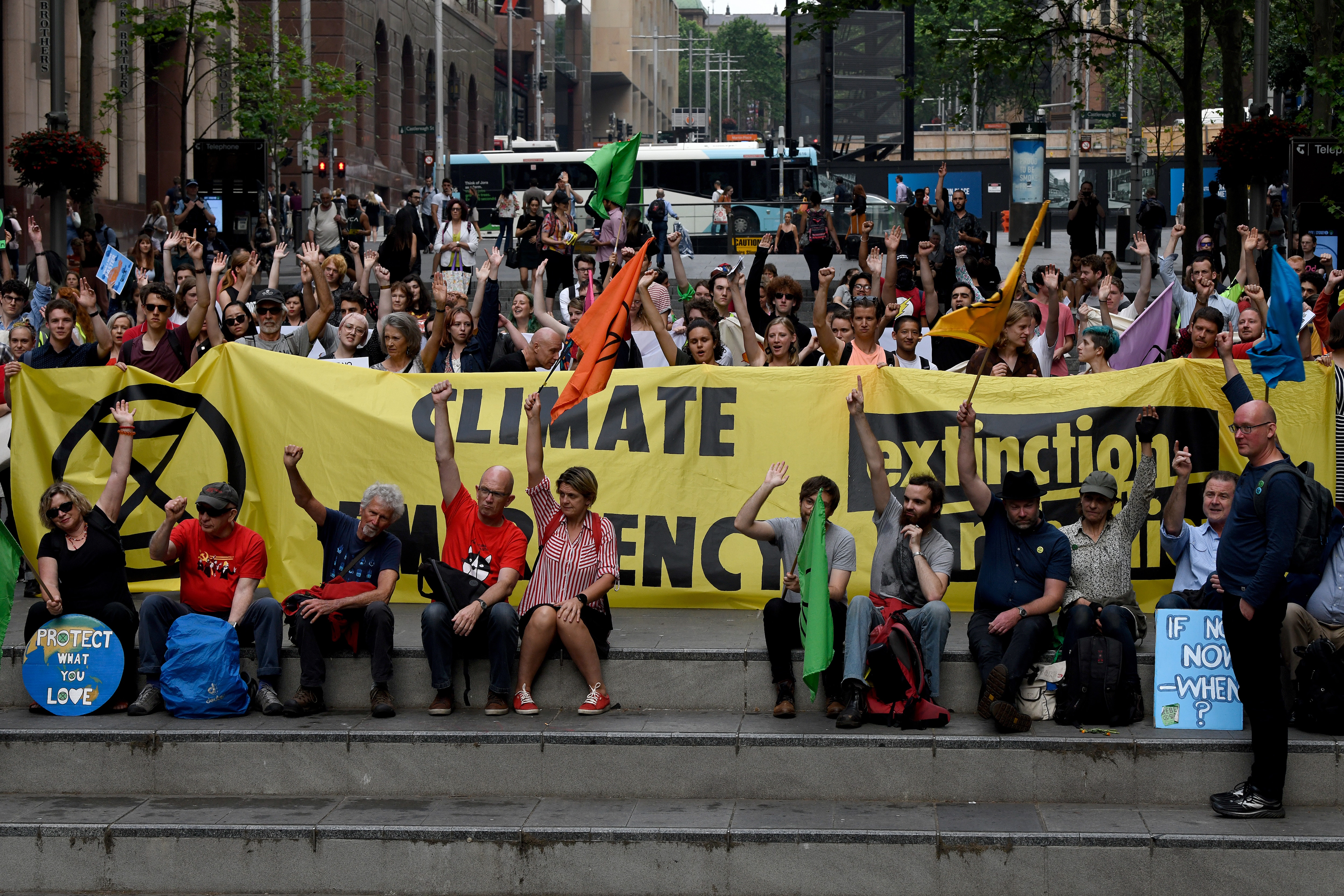
Extinction Rebellion. Credit: AAP
The biggest individual headline for 2019 is of course Swedish teenage environmental activist Greta Thunberg, who pioneered the School Strike 4 Climate rallies and became a symbol of a growing movement of young climate activists.
“1 year ago I started school striking for the climate outside the Swedish parliament, simply because something had to be done. Since then I have continued every Friday alongside millions of others. And we will go on for as long as it takes”. #FridaysForFuture #SchoolStrike4climate
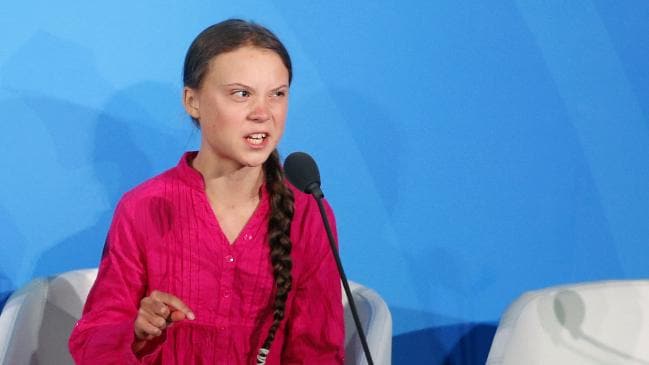
Greta at the UN Summit. Credit: The Australian
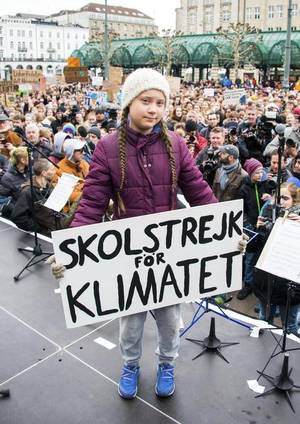
Greta at a school strike in Germany. Credit: AAP
In one of many public appearances, she delivered an emotional speech at the UN Climate Action Summit in NY, attacking world leaders for not doing enough to curb greenhouse gas emissions to halt climate change.
In Australia many, many individuals are taking action and striking for the Federal Government to commit to a target of net zero carbon emissions by 2030 and a transition to 100 per cent renewable energy.
On September 20 this year, climate change action hit the streets in over 110 cities and towns all over the world. The School Strike 4 Climate in Melbourne attracted an estimated 150,000 people, and 300,000 across the country, and over 4 million worldwide. School students walked out of school around the world.
In a sign that systems are changing beyond pressure on just individual change, more than 3,000 Australian and global businesses and organisations signed onto Not Business as Usual, an alliance who pledged to support their employees to participate in striking with the students on Sept 20 2019.
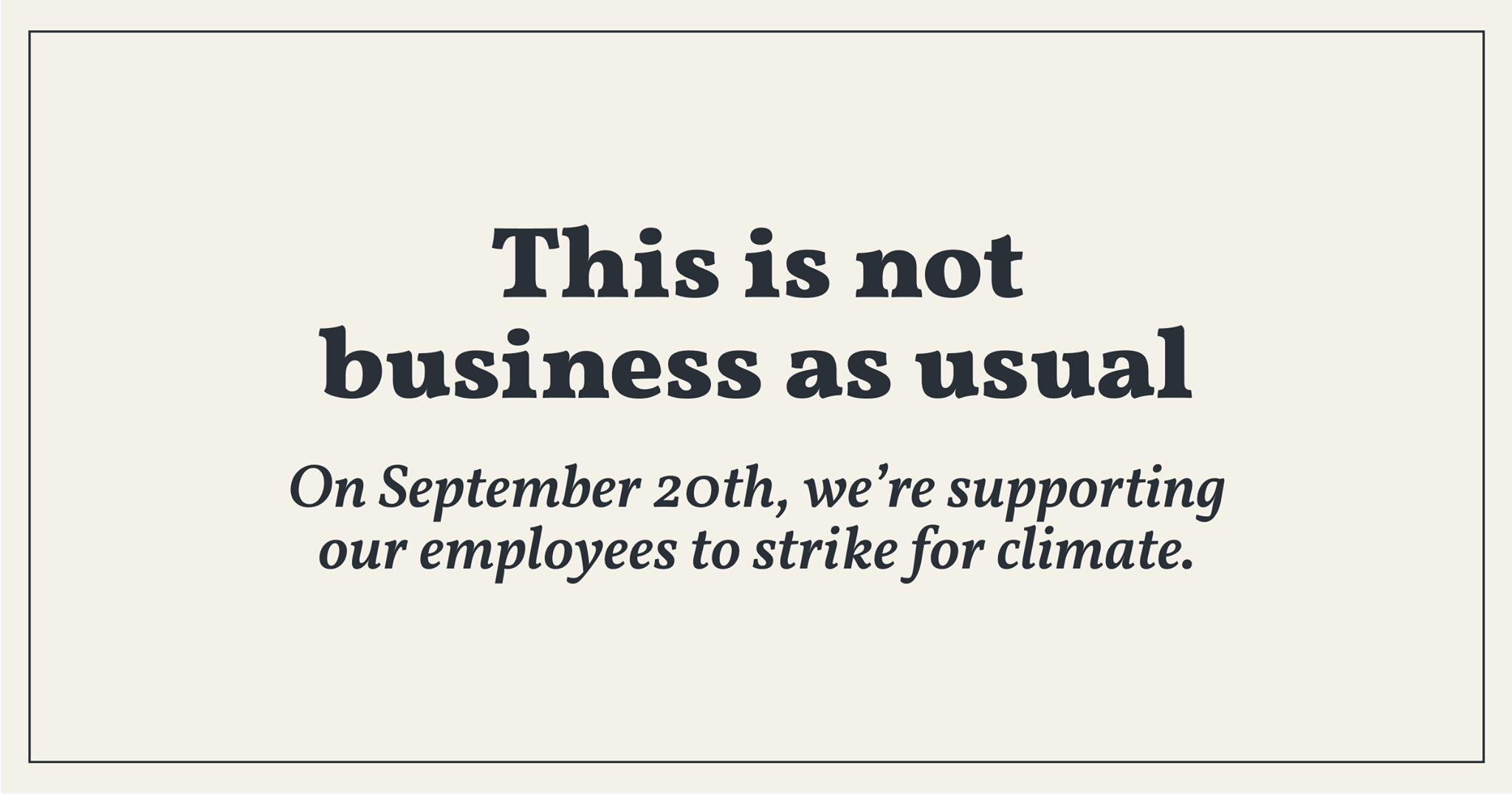
There is a lot to celebrate from the collective actions of individuals who are helping to participate in a speedy societal change to restore a safe climate. Let us use the power of our collective voice and call on our elected leaders to declare a climate emergency. This is an effective strategy to help mobilise government and community and to officially recognise that climate change represents one of the biggest and most urgent threats, requiring immediate and effective action.
‘In Australia, where the climate emergency declaration mobilisation and petition was launched in May 2016, over 75 jurisdictions representing roughly 6.5 million people – a quarter of the population – have declared a climate emergency..’
Posted on 3 December 2019
Go to Climate Emergency Declaration and help Australia to urgently transition to a safe climate and restoration of the environment.






